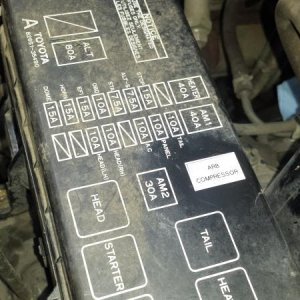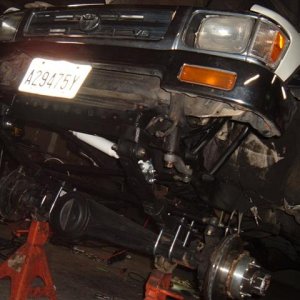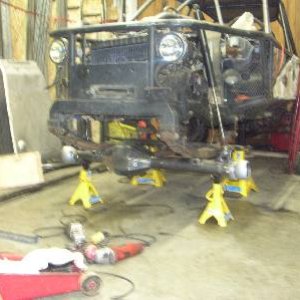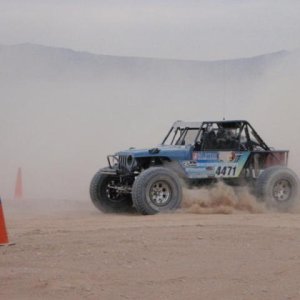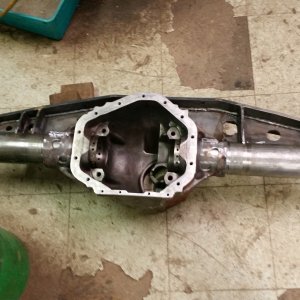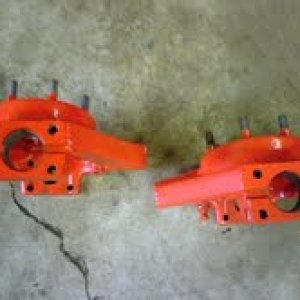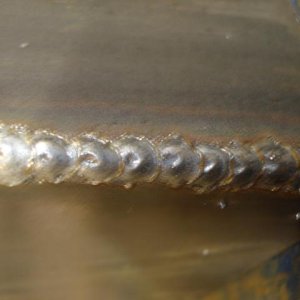Now I have only last piece to the puzzle. I have everything running from a "power terminal". I'm going to put a 3rd battery in the back to primarly run the air compressor. Currently I have a good size wire from the power terminal to the 80 fuse to the pump. I was going to disconnect the wire to the pump, connect it to the positive terminal of the 3rd battery, (ground the battery of course) and then connect the pump directly to the positive terminal on the battery. My concern is that when I run the winch I want it to primarily draw off the two main batteries, but I think this way it'll try to pull from all 3 batteries equally. No big deal BUT the wire going back to the rear battery is not capable of handling that kind of current.
So if I take the wire that runs to the back off the power terminal, where should I hook it up so that it still get's a charge from the alternator? The alternator currently is connected to the power terminal. I feel like I need to split the feed from the alternator and run a wire to the back and a wire to the postive terminal....
So if I take the wire that runs to the back off the power terminal, where should I hook it up so that it still get's a charge from the alternator? The alternator currently is connected to the power terminal. I feel like I need to split the feed from the alternator and run a wire to the back and a wire to the postive terminal....

